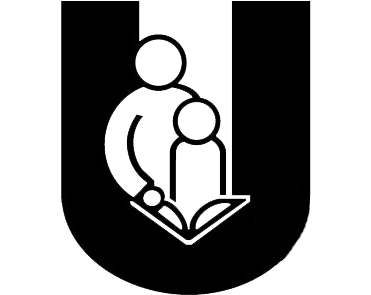Technology Support and Contacts

John Gutzmer
Chief Information Officer
jgutzmer@usd116.org
QUICK LINKS
Protecting student information and securing student data are of the utmost importance to Urbana School District 116. This page contains information about USD116 Student Data Privacy, including information on the Student Online Personal Protection Act (SOPPA), and how to obtain information about data breaches, student information, and contracts with operators and vendors.
USD116 Student Data
USD116 maintains all of our internal student data in Skyward, our Student Information System (SIS). We maintain information that is necessary to conduct school operations and meet state and federal requirements for reporting and record keeping. As the data custodians for the District, we take the security and stability of our systems seriously, and are continually working to improve security and reliability. Student data can include information such as grades and contact information, as well as basic information such as names and schools.
The governance of data management is regulated by several state and federal laws outlined here:
Student Online Personal Protection Act (SOPPA)
SOPPA requires that districts enter into Data Privacy agreements with every 3rd party software application or online service provider. These providers are known as operators. The Data Privacy Agreements define what data is shared with the operators and what safeguards and security the operators have in place. In addition these agreements maintain the legal standards laid out in SOPPA to ensure all vendors meet those requirements.
USD116 leverages the Student Data Privacy Consortium (SDPC), which is a collaborative of schools, districts, regional, territories and state agencies, policy makers, trade organizations and marketplace providers addressing real-world, adaptable, and implementable solutions to growing data privacy concerns. If you would like to read more about the SDPC, click here. Through the SDPC we enter into contracts with 3rd party vendors who handle our student’s data. If you would like to view the DPAs that USD116 current holds, please click the following link.
In the event there is a data breach, Urbana School District 116 is required to notify parents via the District’s communication system (Skylert) within 30 days of the breach and within 60 days if a third-party is responsible for the data breach.
Parents/guardians have the right to inspect, review, and correct information maintained by the school, operator, and the Illinois State Board of Education. All requests should be directed to the Data Privacy Officer by emailing soppa@usd116.org.
Additionally, the data that is shared with each individual operator is defined in Exhibit B of the respective Data Privacy Agreement found in the SDPC listing
USD116 maintains enterprise firewalls and network equipment and is continually working to implement upgrades and to ensure network security and student safety.
USD116 maintains reliable data backups to ensure data continuity in the event of a failure.
USD116 deploys endpoint protection systems (antivirus) to appropriate District devices.
USD116 utilizes dual content filtering systems for all District devices for internet safety of our students and staff.
USD116 is continuing to implement the LTC Reasonable Security Practices .
The USD116 Technology Committee meets regularly to determine ongoing technology and security needs for the District.
USD116 leverages the Student Data Privacy Consortium (SDPC) Digital Resource Request Form to maintain and manage a list of current operator agreements. This list is available to staff and is communicated on an annual basis. Staff can also request new software and applications through the management tool that is available through the IT department.
Family Educational Rights and Privacy Act (FERPA)
Children’s Online Privacy Protection Act (COPPA)
Children’s Internet Protection Act (CIPA)
Protection of Pupil Rights Amendment (PPRA)
PPRA is intended to protect the rights of parents and students in two ways:
It seeks to ensure that schools and contractors make instructional materials available for inspection by parents if those materials will be used in connection with an ED-funded survey, analysis, or evaluation in which their children participate
It seeks to ensure that schools and contractors obtain written parental consent before minor students are required to participate in any ED-funded survey, analysis, or evaluation that reveals certain information.
PPRA applies to programs that receive funding from the U.S. Department of Education.

